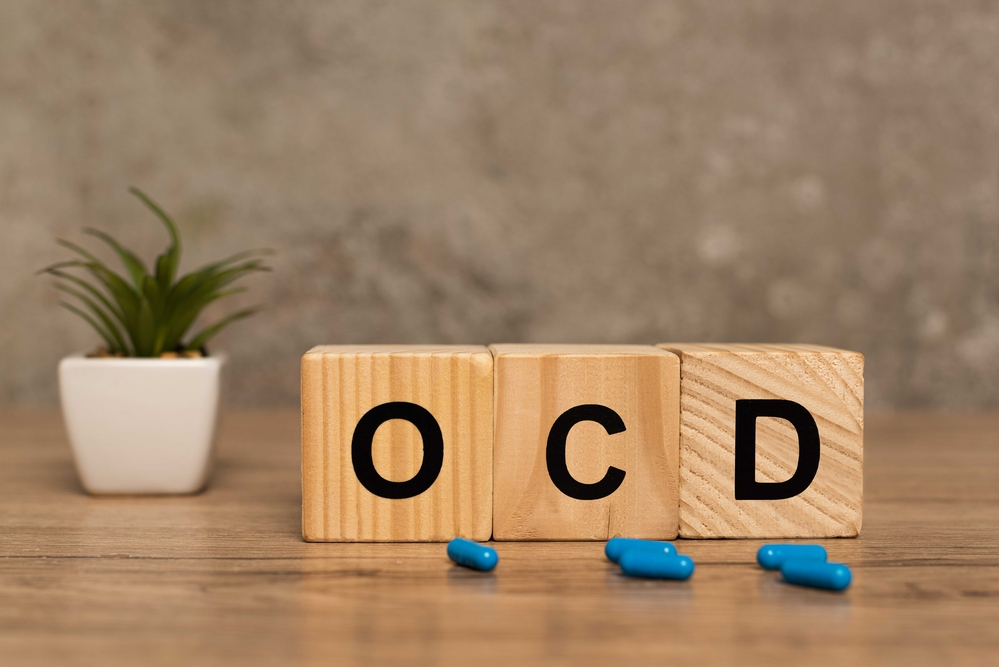Personality Disorders and Substance Abuse Treatment
Many individuals require addiction and personality disorder treatment. Addiction is generally accompanied by some form of mental illness. These mental health conditions can come in the form of depression or anxiety, or even a borderline personality disorder. The more we educate ourselves the better chance we have to help those in need.
You Are Not Alone: The Statistics Behind Personality Disorders and Substance Abuse
Research has shown that about 65–90% of individuals who receive treatment for personality disorders have at least one. This portrays a high percentage of people that are going through a similar struggle as you. Furthermore, each personality disorder has its own set of statistics. For instance, studies have depicted that cluster B and cluster C personality disorders are often linked to an increased risk of suicidal thoughts and actions.
For example, the borderline personality disorder suicide rate is high. Poor emotional regulation can lead to impulsive behavior such as self-harm. An estimated 75% of individuals with borderline personality disorder attempt suicide at least one time in their lives; 10% succeed in this attempt. Avoidant personality disorder suicide rates are also high due to guilt, self-loathing, isolation, and lack of stability in interpersonal relationships.

Dual Diagnosis: How Do You Treat Personality Disorders and Addiction?
Dual diagnosis treatment is the practice of treating not only addiction but any co-occurring mental health conditions as well. These co-occurring disorders can often be personality disorders. Dual diagnosis treatment consists of many evidence-based therapies and addiction recovery resources. From cognitive-behavioral therapy to detoxification, we have all the resources that you may need.
What are Personality Disorders?
They are deeply rooted, rigid ways of thinking, and behavior that result in impaired relationships with others. Personality disorders also cause distress for the individual who experiences them. Ten main mental disorders fall into three clusters of personality disorders. It is worth noting that there is known to be much overlap between the clusters.
Cluster A Disorders
These personality disorders are grouped based on odd or eccentric patterns of thinking, such as extreme social detachment, distrust, or unusual beliefs.

Cluster B Disorders
Cluster B personality disorders feature unstable emotional states and erratic behavior. This can come in the form of aggressive and manipulative behavior.

Cluster C Disorders
Cluster C disorders include anxious or fearful patterns of thinking and relating to others.

Personality Disorder Symptoms
Symptoms will vary from cluster to cluster. Each individual will also exhibit their unique symptoms. However, the following is a general guide for symptoms between the clusters:
Cluster A symptoms may include:
Cluster B symptoms may include:
Cluster C symptoms may include:
Treating Addiction and Personality Disorders
Dual diagnosis is different depending on the co-occurring mental disorder. Some common mental illnesses include anxiety, depression, bipolar disorder, trauma/PTSD, OCD, personality disorders, schizophrenia, ADHD, and eating disorders. Each of these disorders calls for different methods of treating the underlying condition.
Medical Detox
The patient undergoes withdrawal during this period, either tapering off of the substance that he or she is dependent on or abruptly stopping its use.
Life Skills Training
It’s critical that dual diagnosis patients be taught how to function in everyday society without the aid of drugs and/or alcohol. Treatment at UBH includes preparation for reentry into the “real world.”
Personality Disorder Therapies at Behavioral Health Centers
Our dual diagnosis treatment programs target personality disorders, as well as substance abuse issues. To treat addiction, the underlying roots must be addressed. If you only treat the physical aspect, then the problem will continue to persist.
Some of the many therapies we offer include:
Cognitive Behavioral Therapy (CBT)
Cognitive-behavioral therapy (CBT) is focused on the thoughts, feelings, and behavioral patterns of an individual. To treat personality disorders, one must grow to understand themselves better. CBT is especially helpful for people with personality disorders because of its focus on identifying and changing dysfunctional thinking patterns. More specifically, core beliefs underlying those patterns are exposed and then worked through.
Motivational Interviewing (MI)
Motivational interviewing (MI) is a form of therapy used to motivate the individual in changing toxic behavior. It’s a patient-centered model of counseling, and it generally follows these steps:
Engaging
Discussing issues, concerns, hopes, and establishing a foundation of trust with the recovering individual.
Focusing
Recognizing the patterns and habits the individual wants to change the most.
Evoking
Encouraging the individual by increasing the sense of the importance of change.
Planning
Creating a set of realistic steps that the recovering individual can take to work through their toxic thoughts and behavior.
Dialectical Behavior Therapy (DBT)
Dialectical Behavioral Therapy (DBT), similar to CBT, is another method used in personality disorder and addiction treatment. DBT treats many conditions such as depression and bipolar disorder, post-traumatic stress disorder, anxiety-related disorders, and eating disorders. DBT is founded on the concept that emotional vulnerability and invalidating environments lead to mental health disorders.
DBT incorporates methods such as:
- Group therapy centered around building skills
- Individual therapy centered around past traumas and current triggers
- Phone coaching that consists of treatment interventions between sessions
Rational Emotive Behavior Therapy (REBT)
Rational emotive behavior therapy (REBT) is another type of cognitive-behavioral therapy. REBT helps to change an individual’s irrational beliefs. According to the REBT model, rational beliefs encourage functional thought and behavior patterns. As a result, positive consequences occur. On the other hand, irrational beliefs lead to damaging behavioral patterns.
Family Therapy
Family therapy aims to create a stable family dynamic. This dynamic helps create order in the individual’s life. Personality disorder and substance abuse treatment helps to address all aspects of an individual’s life. Effective communication skills are taught in family therapy. With the help of the therapist, members of the family can rebuild damaged relationships.

Group Therapy
Group therapy is an important part of personality disorder and substance abuse treatment. This type of therapy helps show you that you’re not alone in your struggles. Support and encouragement go a long way in the recovery process. Also, you’ll be able to openly share your thoughts and feelings in a judgment-free space.
Residential Treatment for Personality Disorders
Residential treatment is the highest level of care offered at our treatment center. You’ll receive 24/7 medical support and care at our beautiful rehabilitation facility. Each day, treatment will include a unique combination of evidence-based therapies along with other methods. We prioritize each individual that walks through our doors. Each treatment plan will be tailored to your needs. Residential treatment will include detoxification and medical services, along with different psychotherapies. Our licensed mental health professionals will help keep you safe during detox as your body rids itself of harmful toxins accumulated through substance abuse.

Partial Hospitalization Treatment for Personality Disorders and Substance Abuse
Partial hospitalization programs (PHPs) offer high-quality care while allowing the patient to reside at home. PHP programs generally take place five days every week at our recovery center. Following treatment sessions, the individual will be able to return home. This can be especially beneficial for those with a stable at home environment. Maybe you have a strong network of family and friends at home that are ready to support you throughout the whole process. In other cases, the individual may want to practice what has been learned in the treatment sessions immediately after. We offer many personality disorder and substance abuse treatment resources such as:
Outpatient Treatment for Personality Disorders and Substance Abuse
Outpatient treatment is the most flexible option at our recovery center. Outpatient treatment includes standard programs, as well as intensive outpatient programs. Depending on your needs, one may be better suited for you over another. Treatment can include anywhere from one session a week to several sessions a day, five days a week. Like the other treatment programs, your plan will be tailored uniquely to your needs. Treatment will include mental health counseling, medical care, support groups, holistic solutions, and many other services.
This treatment is especially beneficial for individuals with obligations outside of rehabilitation. For example, an individual may have a child to take care of at home. In other cases, certain work responsibilities cannot be missed. In either case, we’ll work around your schedule to ensure that everything suits your needs. Having responsibilities should never be a reason that you don’t receive the help that you deserve.

You Have More Potential Than You Know: Reach Out To Us Today So We Can Show You!
At Behavioral Health Centers, we have many treatment resources to help you with recovery. Our team of dedicated counselors, psychologists, and other licensed medical professionals are eager to help you. Taking the first step and seeking help can be daunting. That’s why our addiction recovery team welcomes you in like family. We’ll be here to support you from the moment you decide to take on this journey with us. If you have any questions, comments, or concerns, please don’t hesitate to reach out to us here or call our number: 772-774-3872.


